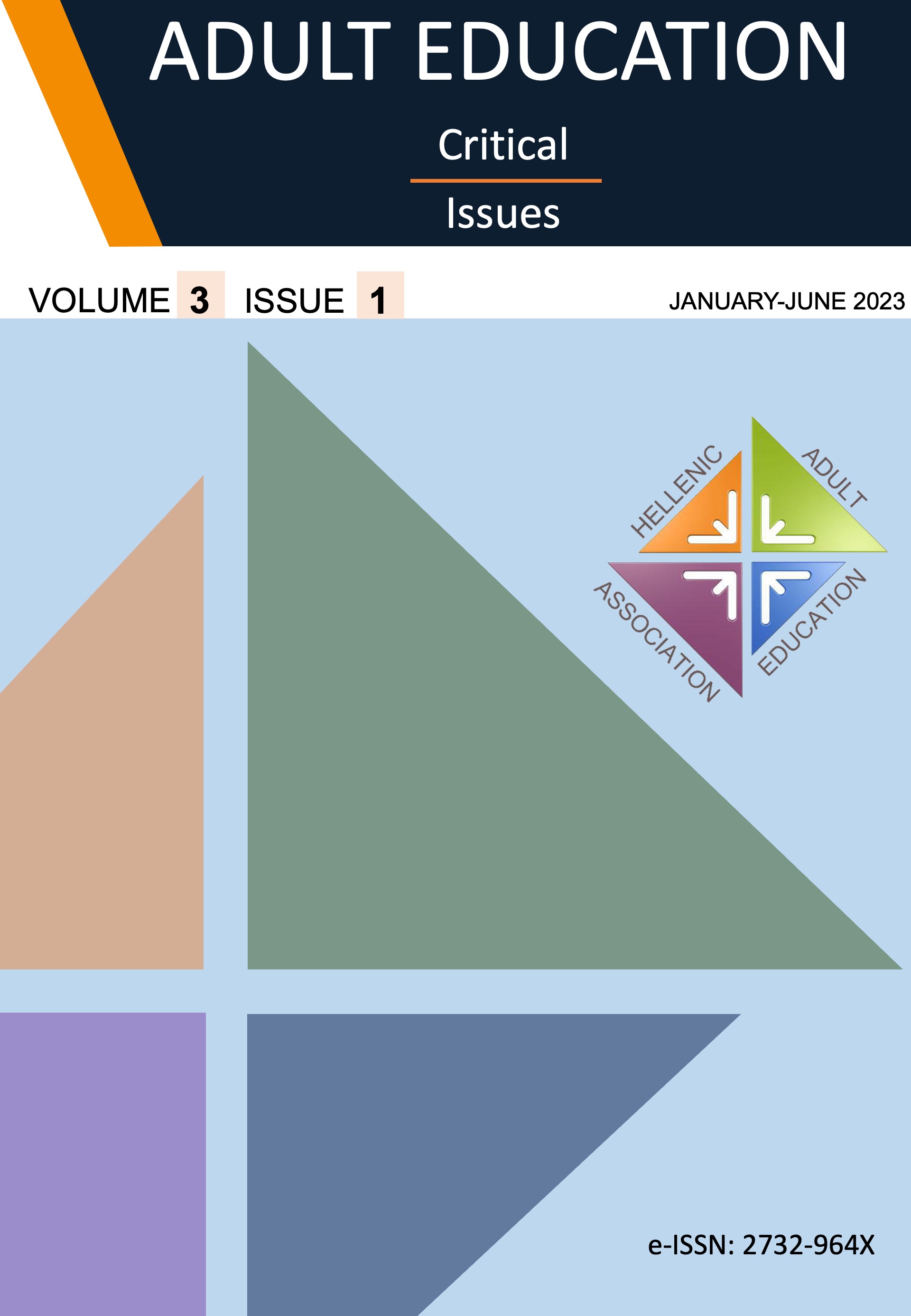Factor analysis of adult participation in education: the case of Evening General Lyceums of Island Greece

Abstract
The phenomenon of adult participation in education and the investigation of the factors that influence their final decision are among the most important research issues in the field of continuing education. In Greece, about 60 years ago, Evening Lyceums were established for the first time which belong to secondary education and are mainly aimed at people who work during the day (adults and minors). Since their establishment, we have never had research data on the adults who reside in the island country and participate in them. The purpose of the survey was to investigate the factors of adult participation in the Evening General Lyceums of island Greece. The research, which is quantitative, was conducted in 2022 and 268 adult students of Evening Lyceums took part, from all the administrative regions of the island country. A questionnaire was used to collect the data and their analysis was done in SPSS. The factor analysis with the Principal Component Analysis method was applied to the data and the factors influencing the decision to participate were obtained. From the range of the factors identified, four are very important (self-assessment, attitudes towards education, educational perspective, and expectations), while there are others that seem to be quite influential and play a role.
Article Details
- How to Cite
-
Papadimitriou, A. (2023). Factor analysis of adult participation in education: the case of Evening General Lyceums of Island Greece. Adult Education Critical Issues, 3(1), 100–121. https://doi.org/10.12681/haea.33508
- Section
- Articles

This work is licensed under a Creative Commons Attribution 4.0 International License.
Authors who publish with this journal agree to the following terms:
- Authors retain copyright and grant the journal right of first publication with the work simultaneously licensed under a Creative Commons Attribution License that allows others to share the work with an acknowledgement of the work's authorship and initial publication in this journal.
- Authors are able to enter into separate, additional contractual arrangements for the non-exclusive distribution of the journal's published version of the work (e.g., post it to an institutional repository or publish it in a book), with an acknowledgement of its initial publication in this journal.
- Authors are permitted and encouraged to post their work online (e.g., in institutional repositories or on their website) prior to and during the submission process, as it can lead to productive exchanges, as well as earlier and greater citation of published work (See The Effect of Open Access).


